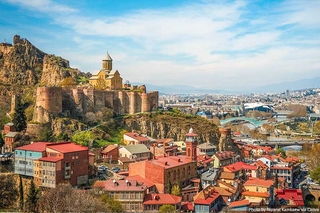We take in a small number of graduate students each year in a competitive selection process. The size of the program assures the high overall quality of our students, the faculty’s commitment to close contact with each of those students during and after the course of study, and an atmosphere of intellectual collegiality.
The application portal will open in late August, 2025.
The deadline to apply for entry for the academic year 2026-2027 is December 15, 2025.
Admission Requirements
In addition to the general application requirements of the Yale Graduate School of Arts & Sciences the Yale Slavic department requires a writing sample of approximately 25 pages double-spaced that would give the department a sense of your writing, interests, approaches, and methodology.
Funding
The university offers a stiped for a minimum of five years that includes two initial years of fellowship, two years of teaching fellowships and an additional year of dissertation support. Students receive support over the summer. They are eligible for a wide array of competitive summer fellowships that Yale offers in succeeding years.
If you are experiencing financial hardship, or are a member of a special program, fellowship, or status, you may be eligible to apply to have your application fee waived.



